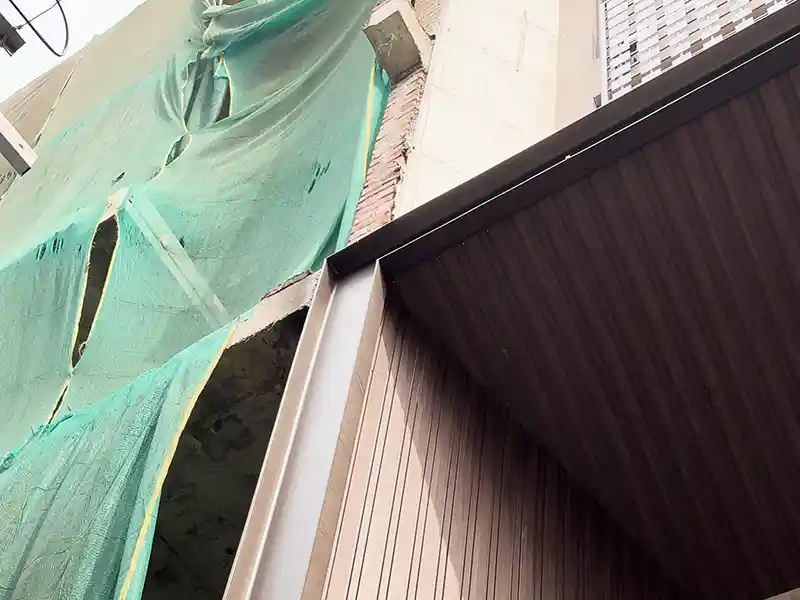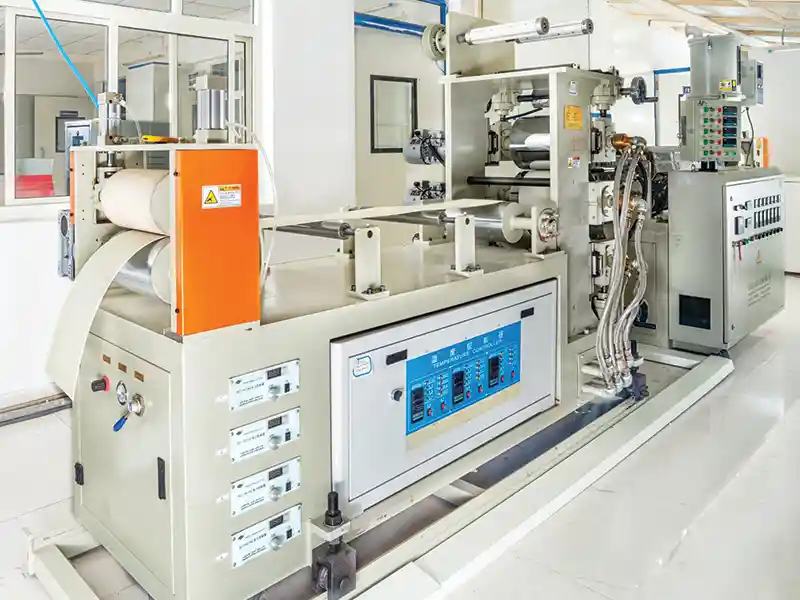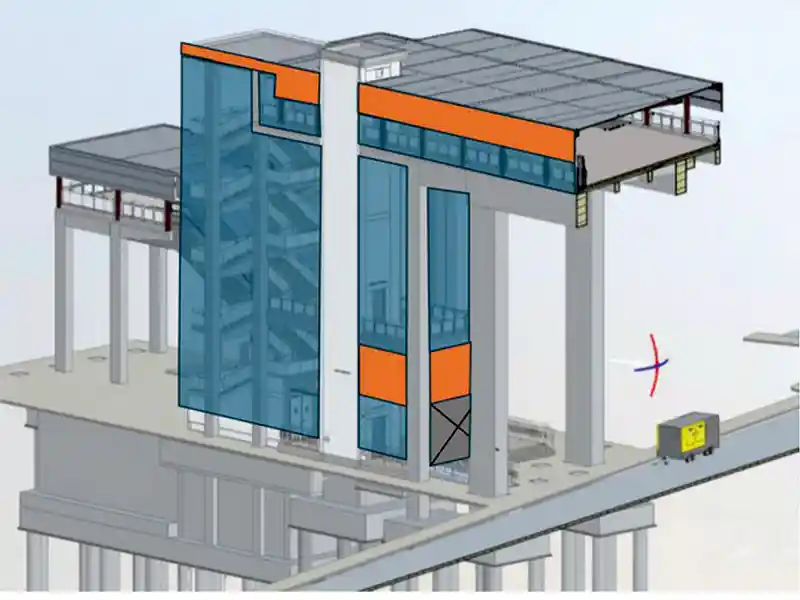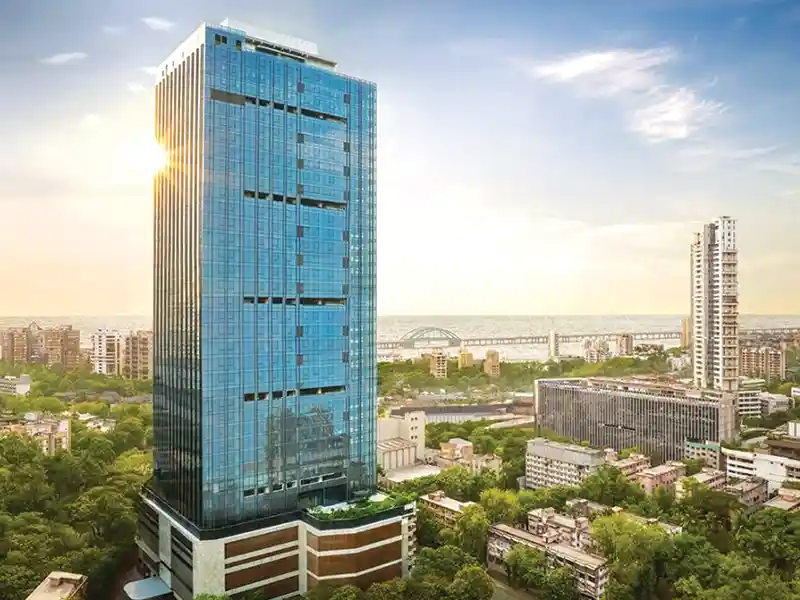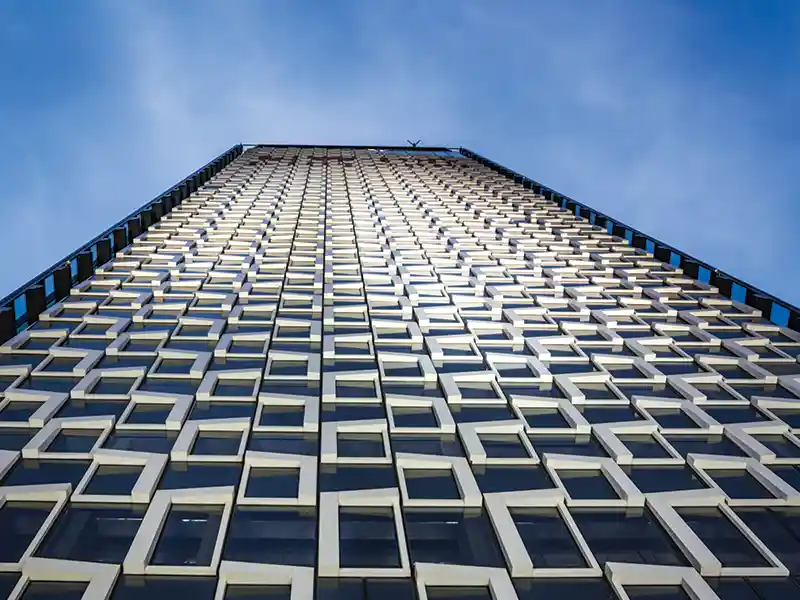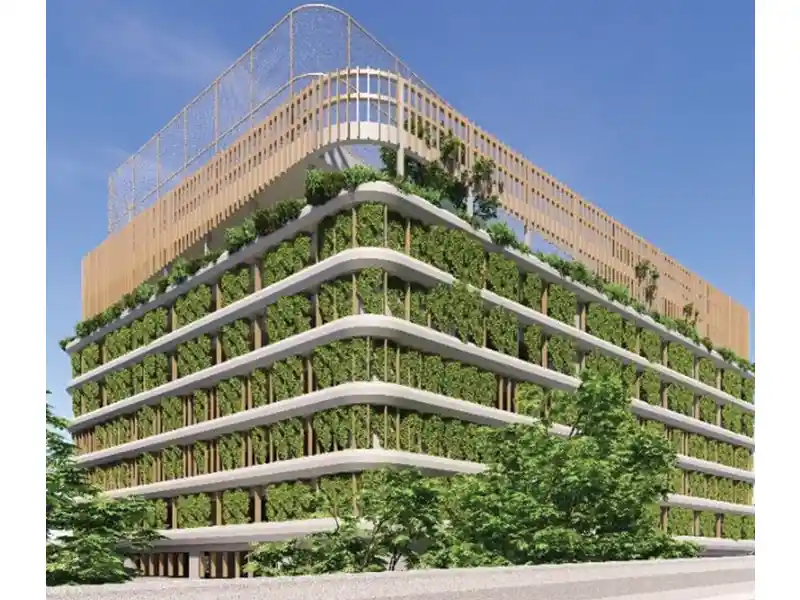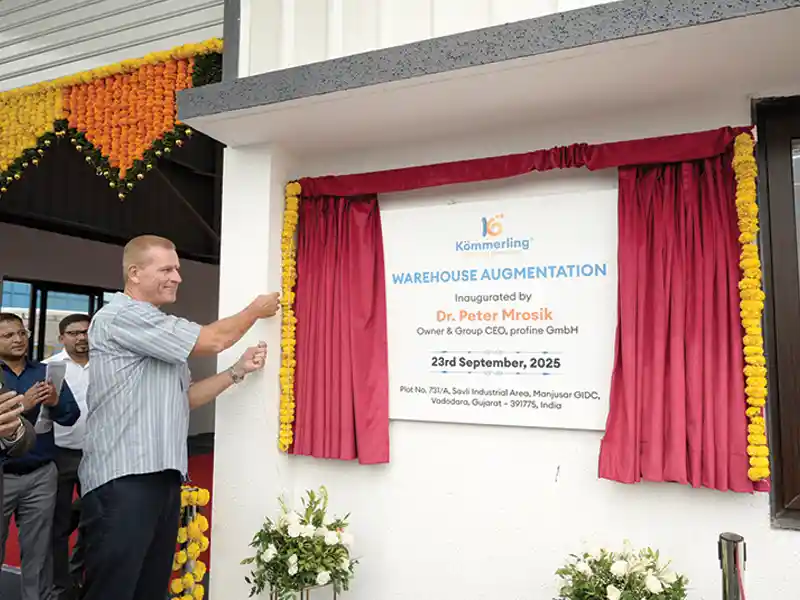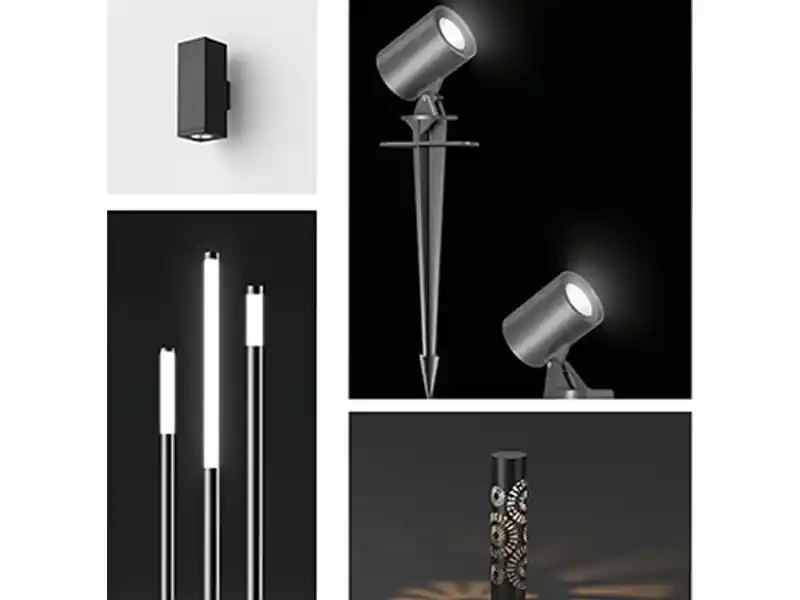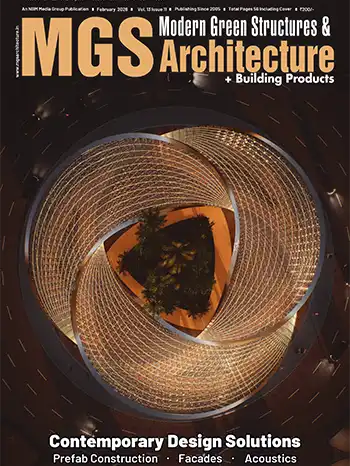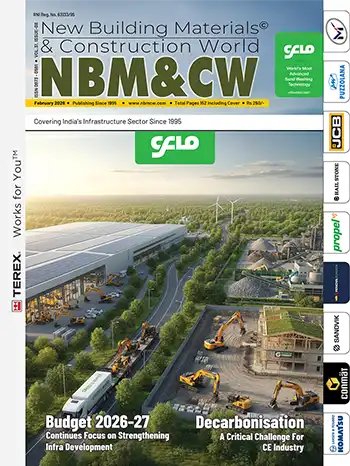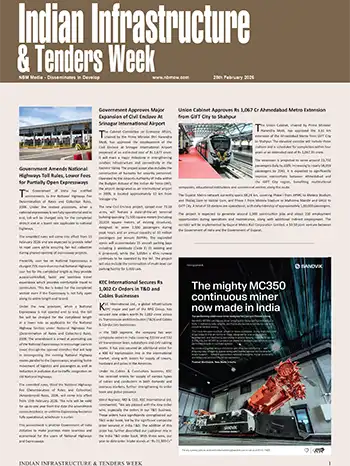
For many years now, aluminum facades have adorned the high-rise structures across the globe and are usually thought of as a maintenance-free material, no wonder many architects and designers are opting for this material. But as these highrises look good, it is equally important for them to actually 'look good' meaning that they need to be cleaned and maintained to retain their sheen and their original appearance.
With growing environmental concerns affecting people in general, the buildings and highrise structures are also not spared. With pollutants, dirt and emissions taking their toll on these facades, cleaning and maintaining them becomes an absolute necessity. Zeroing in on the aluminum facades, here is a brief input as to how these aluminum facades can be maintained and what can be done to retain their original glory.
Getting Started
Cleaning aluminum facades requires much technical and professional care, gauging the extent of cleaning that needs to be done for individual structures. Buildings made of anodized aluminum, painted aluminum facades degrade due to various pollutants and hence the cleaning procedure involves removal of oxidation, chalking, pollutants and silicone residues from the surface. Although anodized aluminum was considered maintenance-free earlier as it was thought to be hard and weather-proof. But all this changed as environmental hazards started taking toll on the structures and corrosion rates started rising. So, taking all this into consideration, here is how aluminum facades can be cleaned by the following methods:The fundamental cleaning of an anodized aluminum façade includes water cleaning methods and chemical cleaning methods. Water cleaning methods include water soaking and pressure washing, though pressure washing is not recommended for aluminum facades.
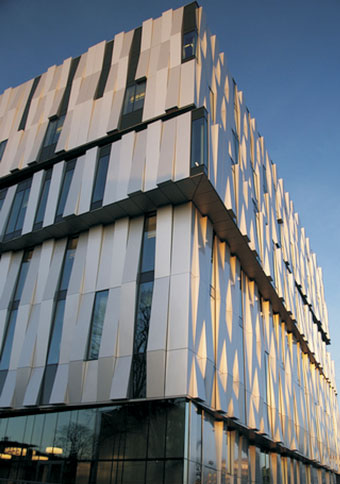
Water Soaking
A steady stream of water is used to loosen the dirt making use of the desired nozzles and piping. If the dirt, soil or grime still remains, then hand scrubbing with brushes and sponge with continuous spraying of water can be carried out. If grime still stays on the facades, brushing and sponging with mild detergent can be done.Caution
Care should be taken while following this procedure that the water pressure is uniform and that the cleaning should be first done horizontally and then vertically. If the removal of wax, oil or polish is required from the surface then MEK (Methyl Ethyl Ketone) or an equivalent solvent is recommended though this has to be carried out very meticulously as the use of any chemicals might result in the damage of organic sealants, gaskets and finishes. It is also advisable not to use these solvents for anodic finishes that are protected by clear organic coatings unless the coatings need to be removed.Abrasive Cleaning
Abrasive cleaning is required when the facades have heavy surface soils on the surface. This can be cleansed using an abrasive cleaning pad for which the pad is thoroughly soaked with clean water or a mild detergent cleaner and the surface is hand scrubbed applying uniform pressure. Scrubbing can also be done with a nylon-cleaning pad soaked with a surface protectant material and is usually used for removing stubborn soils and stains.Caution
In abrasive cleaning, the scrubbing should be done in the direction of the metal grain and the surface should be rinsed thoroughly with clean water so that the entire residue is removed. The surface should then be air-dried or wiped with a chamois, squeegee or lint-free cloth.Other Precautions
While aluminium facades are one of the easiest ones to maintain and clean, still some precaution must be exercised before going on with the procedures. Having identified the surface area that needs attention, appropriate cleaning methods must also be identified depending on the area. It is advised not to use very strong alkaline or acid cleaners.Also cleaning hot, sun-heated surfaces should be avoided since they may result in chemical reactions that would be highly accelerated and also uniform cleaning might not be achieved. Anodized aluminium might not get affected by the use of strong organic solvents but may result in the extraction of stain-producing chemicals from sealants and may affect its function. Also, use of strong cleaners is not advisable on glass windows as this might come in contact with aluminium and excessive abrasive rubbing should be avoided so as to prevent the finish.
With these tips, proper care of aluminium facades can be achieved with slight meticulous planning; thus making sure that original sheen and newness of this wonder metal is retained and maintained.
Nidaplast Launches Its Innovations in The Asian Market
In a context of increasingly scarce and costly raw materials, Nidaplast has come up with several new solutions through applications that combine nidaplast®8* honeycomb with traditional materials such as wood or marble, or with heavier materials such as fibre-reinforced concrete, steel, etc. The structural sandwich panels developed by nidaplast composites have the advantage of being both cost-effective and eco-friendly. Because they use less material (a sandwich panel with a 7 mm-thick marble layer can replace a standard 20 mm-thick sheet of marble), they are lighter, thereby saving on fuel consumption and reducing exhaust emissions. They are also stiffer and provide new advantages such as thermal and acoustic insulation, not to mention greater impact and fatigue–resistance without having to add more material.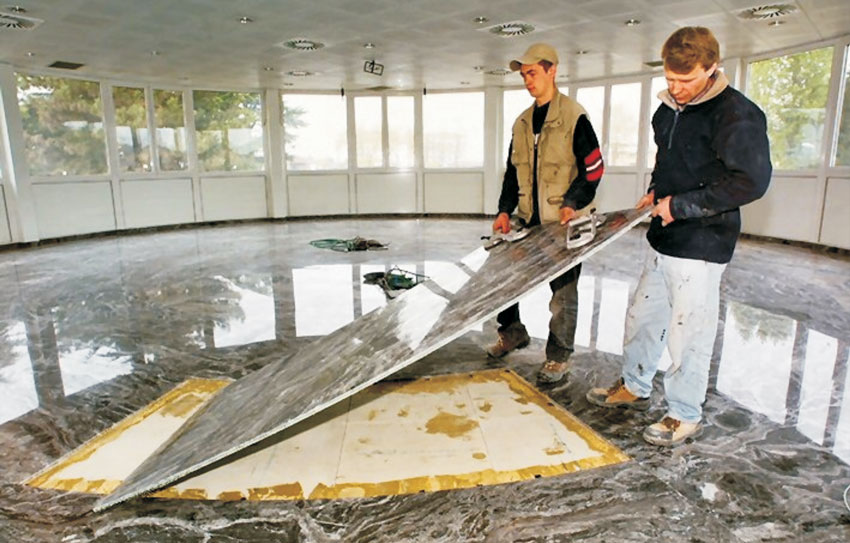
Nidaplast is the only polypropylene honeycomb certified for marine use by DNV, the leading global provider of risk management services. This material is also certified as ISO 9001:2000, ISO 14001 and OHSAS 18001. "Based on our commitment to quality and international standards, Nidaplast provides strong support to world manufacturers producing in Asia." declared Richard Filippi, Marketing & Development Manager at Nidaplast. "At Nidaplast, we constantly strive to uphold our high level of quality. We have appointed three distributors – in China, India and Australia – to get closer to our customers, provide them with advice, and enable them to benefit from our know-how."
Nidaplast, world leader in Polypropylene Honeycomb: Based in Thiant, northern France, Nidaplast, is a subsidiary of the international group Etex, a leader in the extruded polypropylene honeycomb market. Nidaplast develops products for three major markets:
Nidaplast Composites: Composites (cores for structural sandwich panels used in construction, transport, boatbuilding and industrial equipment applications)
Nidaplast Waters: Rainwater management (honeycomb blocks and panels for stormwater storage applications)
Nidaplast Eco-garden: Landscaping (stormwater storage solutions for roofing, porous thoroughfares, etc.)
Nidaplast was exhibited in the first session of the JEC Show Asia 2008 at Singapore.

